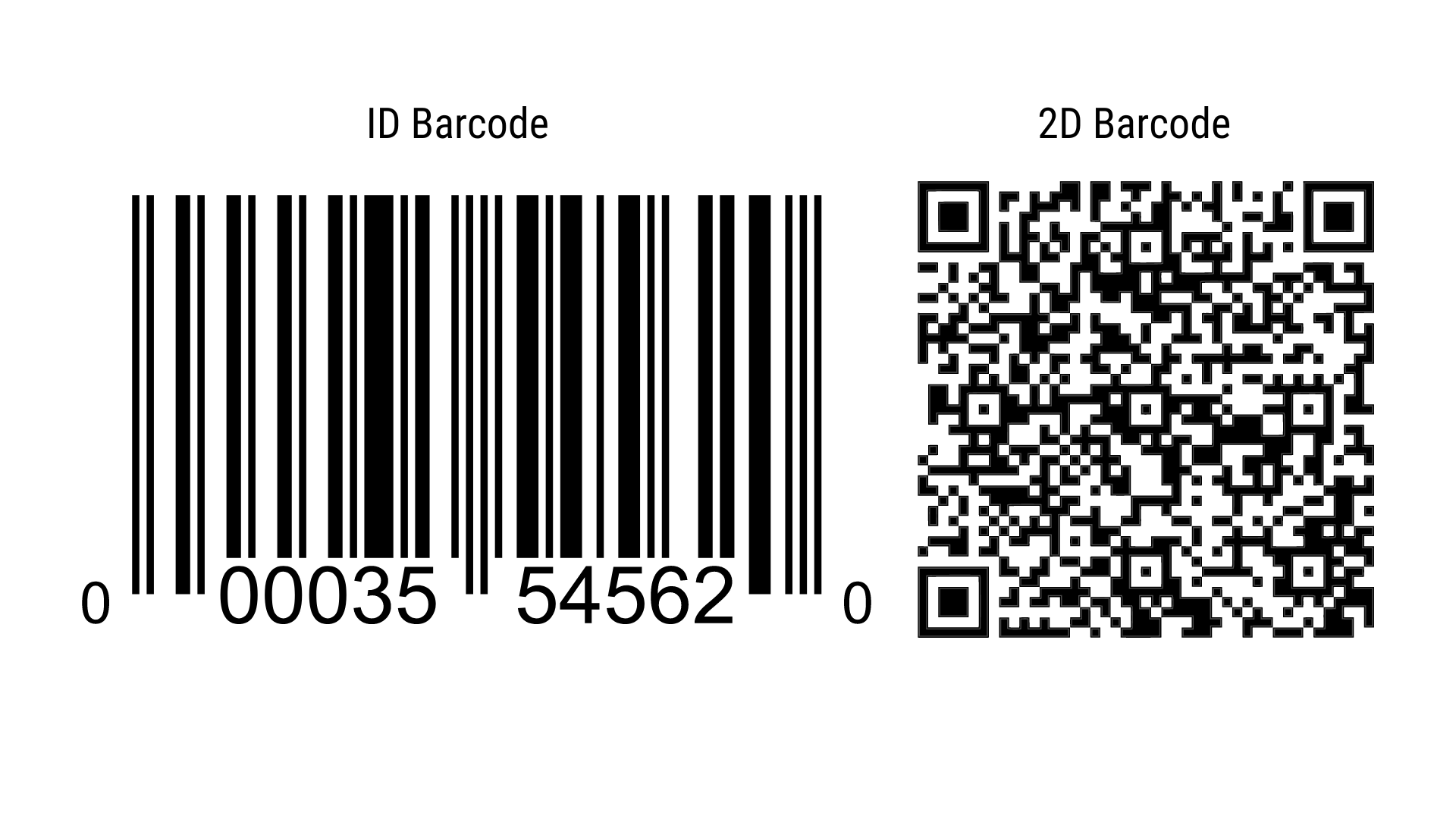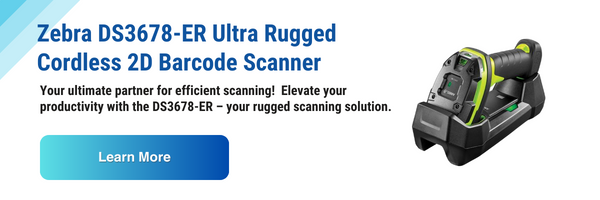Choosing the Right Barcode Scanner For Your Business
Posted by barcodes.com.au on Aug 21, 2023
Barcode scanners have become an essential tool for businesses across various industries, streamlining inventory management, checkout processes, and data collection.
However, with the wide array of options available in the market, choosing the right barcode scanner for your business can be a daunting task.
In this quick guide, we will explore the key factors that business owners should consider when selecting a barcode scanner. By understanding the scanning capabilities, connectivity options, durability, and compatibility with different software systems, you can make an informed decision and ensure a seamless workflow within your organisation.
Here’s what to consider in choosing the right barcode scanner for your business:
1. Scanning Capabilities
The scanning capabilities of a barcode scanner should match the requirements of your business. Consider the following factors:
a) Barcode Types: Identify the types of barcodes commonly used in your industry and ensure that the scanner you choose can read and decode those barcode symbologies. The two main types of barcodes are; 1D barcodes (such as UPC, EAN, and Code 39) and 2D barcodes (such as QR codes and Data Matrix).

b) Scanning Range: Evaluate the distance from which the scanner can read barcodes. This is particularly important if you have large or bulky items that may require longer scanning distances. Some scanners offer extended range options, enabling scanning from several metres away.
c) Scan Speed: Assess the scanner's scan speed, especially if you have a high-volume scanning environment. Look for scanners that provide rapid and accurate scanning to expedite your processes.
2. Connectivity Options
The connectivity options of a barcode scanner determine how it integrates with your existing systems and devices. Consider the following aspects:
a) Wired vs. Wireless: Determine whether you require a wired or wireless scanner. Wired scanners are typically more reliable and have consistent connectivity, but they restrict mobility. Wireless scanners provide flexibility and mobility, enabling you to move around freely, but they may have range limitations and require charging or battery replacements.
b) Interface Compatibility: Ensure that the scanner's interface is compatible with your point-of-sale (POS) system or inventory management software. Common interface options include USB, Bluetooth, and Wi-Fi.
3. Durability and Ergonomics
The durability and ergonomics of a barcode scanner are important for long-term use and user comfort. Consider the following factors:
a) Durability: Assess the scanner's build quality and its ability to withstand harsh environments, drops, and spills. If you operate in rugged conditions such as warehouses or outdoor settings, opt for scanners with reinforced casings and IP ratings for water and dust resistance.
b) Ergonomics: Look for scanners that are comfortable to hold and use for extended periods. Consider factors such as weight, grip design, and button placement to minimise user fatigue and maximise productivity.
4. Software Compatibility
Ensure that the barcode scanner is compatible with your existing software systems and can seamlessly integrate with your workflows. Consider the following aspects:
a) Operating System Compatibility: Determine whether the scanner is compatible with the operating system (e.g., Windows, iOS, Android) of your devices or computers.
b) SDK Support: If you have specific software requirements or custom applications, check if the scanner provides a Software Development Kit (SDK) that allows for easy integration and customization.
c) Cloud Connectivity: If you utilise cloud-based inventory management or data collection systems, ensure that the scanner can connect to the cloud services you use.
5. Cost Considerations
While cost should not be the sole determining factor, it is essential to consider your budget and the long-term return on investment (ROI) when selecting a barcode scanner.
Assess the initial purchase cost, ongoing maintenance expenses, and potential productivity gains to make an informed decision that aligns with your business's financial goals.
Conclusion
Selecting the right barcode scanner is a critical decision for business owners, as it directly impacts operational efficiency, accuracy, and customer satisfaction. By considering factors such as scanning capabilities, connectivity options, durability, and software compatibility, you can choose a barcode scanner that meets your specific business requirements.
Investing time in researching and understanding these aspects will ensure a seamless workflow, improved productivity, and effective inventory management within your organisation.


